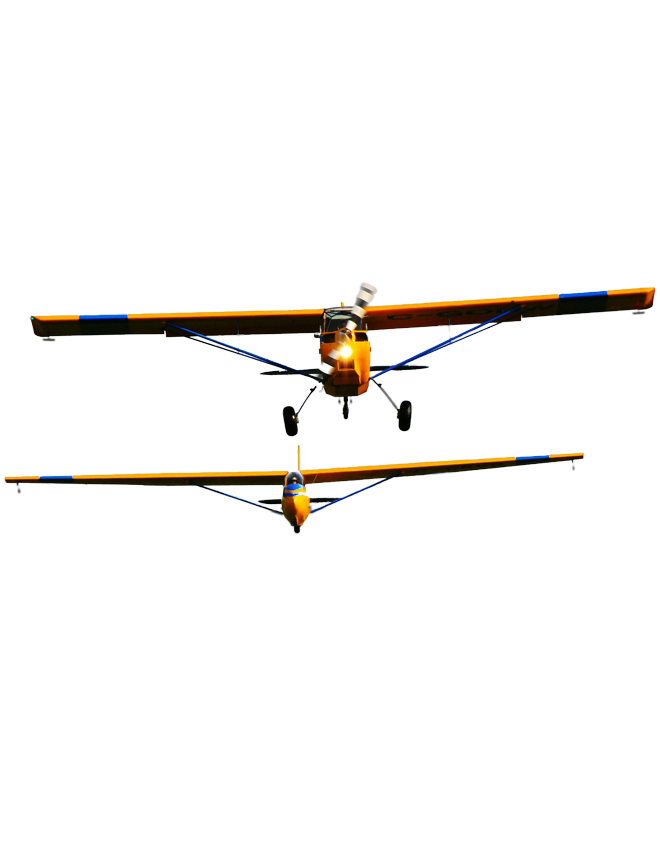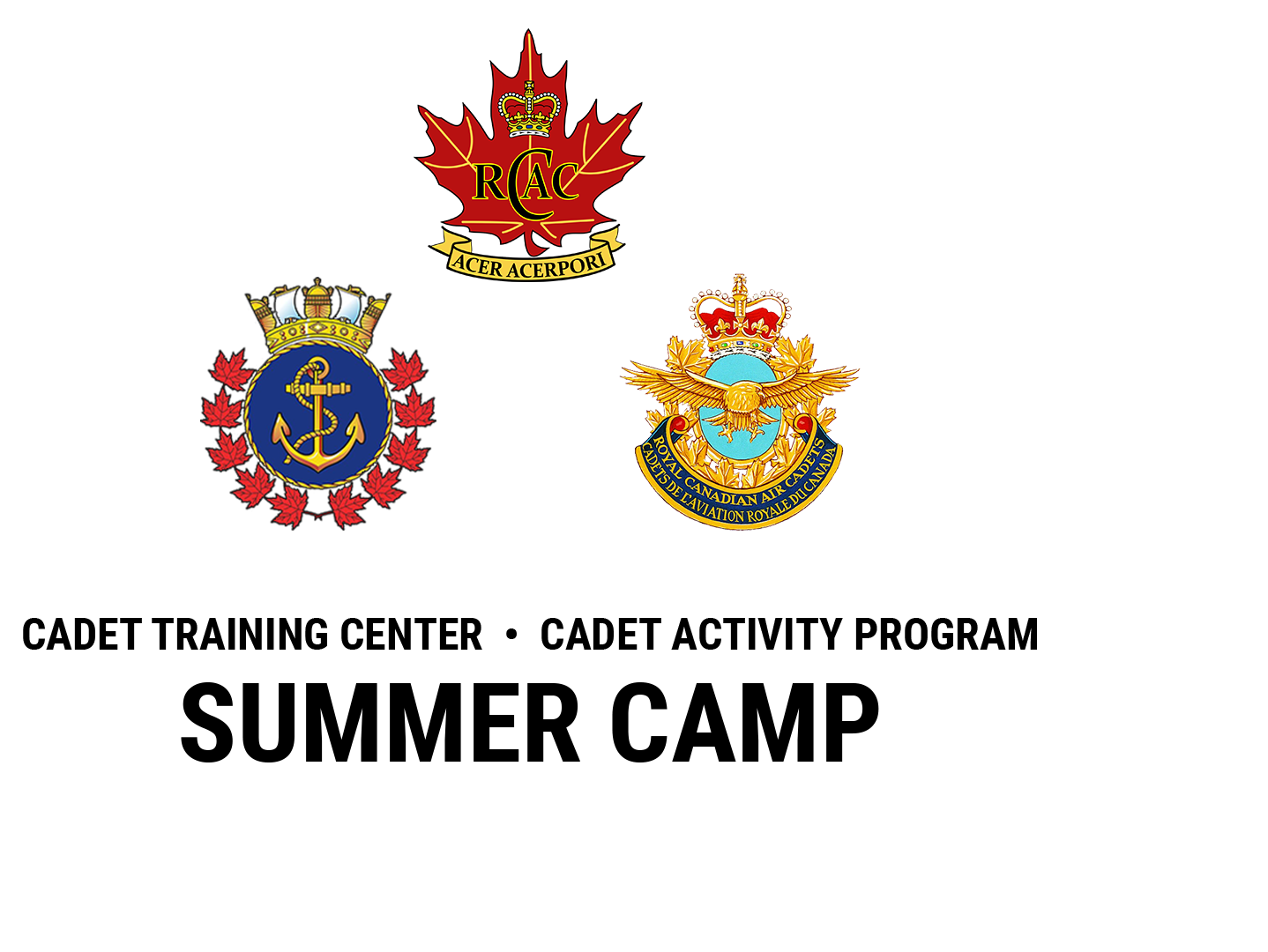The Royal Canadian Air Cadet Program
To Learn - To Serve - To Advance
Technical Courses
Several technical courses are available to learn more about the various aviation-related trades. It is possible to learn more about air traffic controlling and how to operate an airport. For those more interested in the mechanical aspect, several courses deal with the operation of the instruments and mechanics of an aircraft.
Aerospace
Several courses and training are available to learn more about the field of aerospace and its technologies. Individuals participating in aerospace courses learn more about the cosmos and planets. They also design model rockets and can participate in activities that simulate living conditions in space.
Air Crew Survival
The Air Cadet Program covers the learning of forest survival skills. Each unit conducts an annual (air crew survival) adventure exercise where Cadets have the opportunity to practice different techniques such as preparing a fire, building a shelter or making themselves visible to a rescue team. These exercises generally include a sleepover in the forest in the shelters built to fully experience the survival skills of a flight crew.
Together we are changing the country
With over 57,000 Sea, Army & Air Cadets and over 9,000 Military & Civilian Staff serving in 1,075 Corps & Squadrons in 800 Communities across Canada this national program is helping many people achieve greatness.
Leadership
The Cadet Program helps participants progressively develop into adults who contribute positively to Canadian society as leaders, while instilling a lifelong appreciation of health and fitness.
Physical Fitness
Keeping Cadets active with different activities and friendly competitions. Cadets will participate in sports and take part in the Cadet Fitness Assessment and Incentive Program.
First Aid
Cadets will have the opportunity to take First Aid courses either at the a Cadet Training Center or at the Local Unit and upon completion they will receive a First Aid Qualification Certificate/Badge.
Meteorology
Cadets will become familiar with the study of the atmosphere and motions within the atmosphere on short-time scales and how they affect the ability to fly.
Air Navigation
Becoming familiar with the different aspects of piloting an aircraft from place to place without getting lost, not breaking the laws applying to an aircraft and more.
Air Traffic Control
Learning the procedures for planes both on land and in the air. Being responsible for the safe, orderly, and expeditious flow of air traffic is no easy task!

Flying
Members of the Air Cadet Program will be given opportunities to fly in an airplane or glider during their time with the Cadets. During this flight, the pilot demonstrates certain movements of the aircraft and explains the important phases of the flight. It is a perfect opportunity to see in practice all the concepts taught during training. Cadets who will be 16 years of age or older by September 1st and have completed the Level 3 Training Program are eligible to apply to the pilot training program. These summer courses allow you to become a glider or power aircraft pilot (called a private pilot's licence).
Read More
The Cadet Life!
There are many opportunities within the Canadian Cadet Program and many more opportunities opened up within the community for current and former Cadets.

Serve in an Air Cadet Squadron
Learn what it means to be an Air Cadet. From personal discipline to working together as a team. The Air Cadets will give you a safe place to be who you are and allow you to explore what you can be.

Participate in Citizenship Activities
Learn how to be a responsible and active member within your community, as well as how your government works and the history around your country. The good, the bad and how we are moving forward.

Perform Community Service
Helping out within your community with different community services will give you skills that can be applied anywhere. This will help you build your community and yourself.

Learn Life Skills
Learning life skills will help you further your success in life. From time management to leadership skills, you will get the tools needed to become a strong leader.